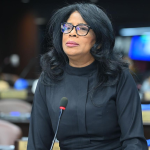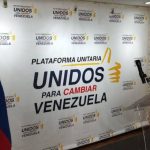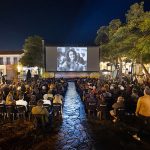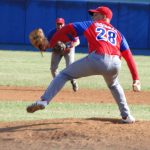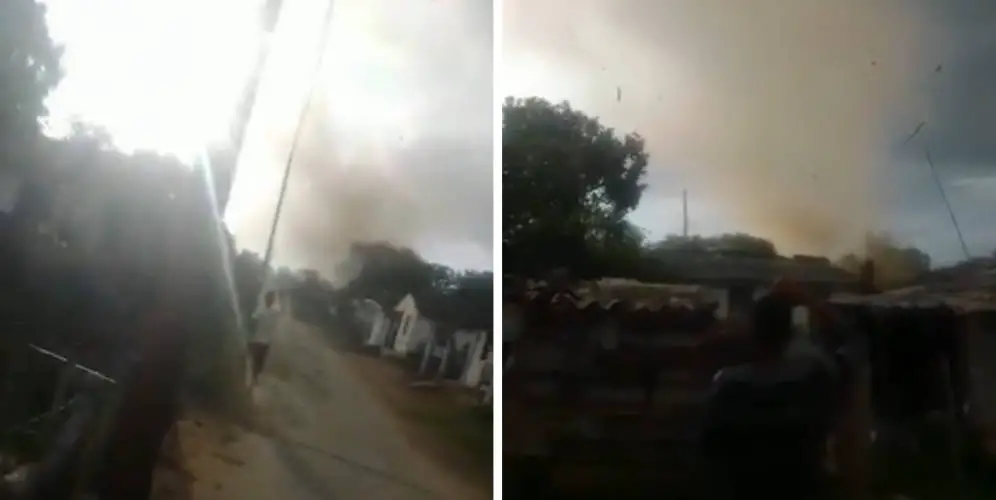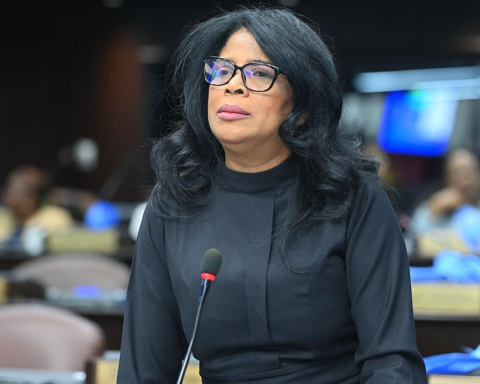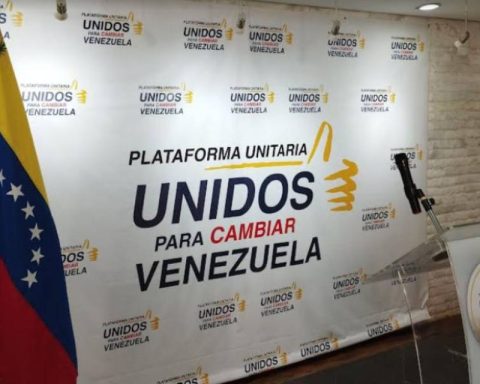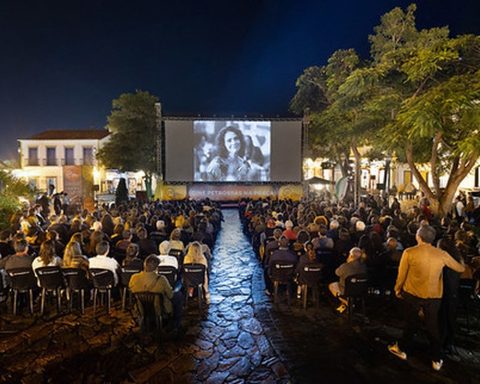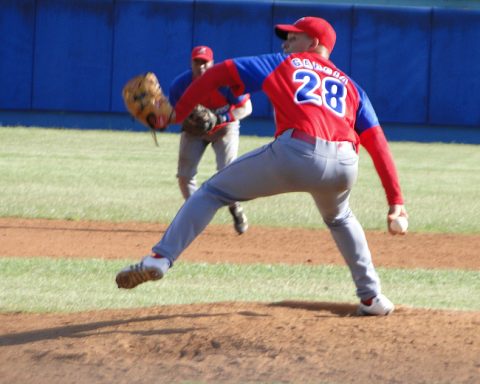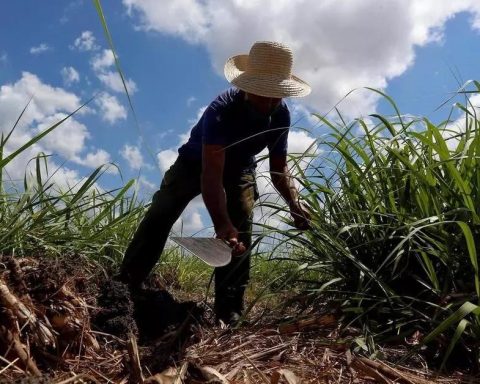In Rivas nobody forgets what happened. Those who survived the bullets remember them as if they were passing through their heads today. “That was terrifying,” they recall. Many were injured and dragged to police stations where they were tortured and humiliated. Others were abducted after the attacks and some have not been able to return home since then.
“We live in exile for exercising the social right to protest,” said an opponent who was at the El Rosario roadblock, the most famous trench in this area of the country, which was located on the Pan-American Highway, and which gave citizens the power to block access to the apartment.
Those who were there defending the roadblock told how five years ago they saw death up close. They reported that police and paramilitary commandos with heavy-caliber weapons shot at them to kill. «Without weapons, only with stones and sticks, we were not going to stay. It was an unequal fight, they were policemen shooting their own people in revolt. An offense that will never be forgotten,” said an opponent who now lives in the United States.
“It was a whole town,” they remember
In this city, the self-convened youth organized peaceful marches. “It was a whole town, without a party, without a leader, without leaders, it was a town that spoke and the dictator silenced him with bullets,” said another opponent in exile.
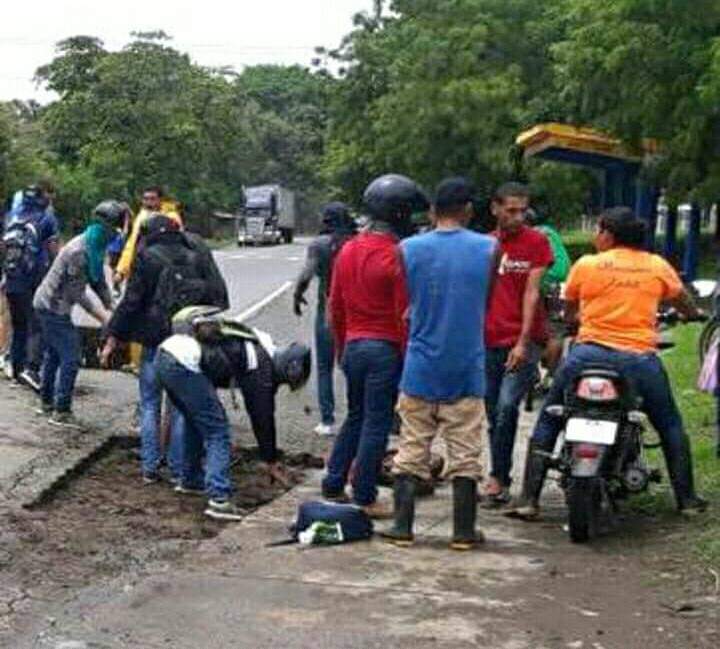
This opponent does not forget the day that a group of young people were gathered in the Central Park of Rivas, waving blue and white flags and singing the national anthem. “The policemen came shooting rubber bullets, they came directly, they didn’t ask us to leave the place, they came to attack directly. That day there were dozens of injuries », he recalled.
“To save ourselves, we sought refuge in the San Pedro de Rivas church, it is important to note that in this same church, Ortega fans spread diesel on the outskirts of the emblematic church and threatened to set it on fire with us inside. It was barbaric,” he explained.
Related news: Ortega makes official April 19 “National Day of Peace”
Opponents from Río recall that government people infiltrated many marches to identify leaders, who were later taken out of their homes by the police. “They were unconscious people who took pictures, gave names and surnames of us and then the police hunted them down, unfortunate, because many of these people also fled later when they saw the massacres,” added the opponent.
“With orders to kill”
The roadblock in the city of Rivas was lifted on the afternoon of June 21. “They were armed men, right-handed, they shot to kill, with military training. Many toads (Sandinista militants) from Rivas repented after pointing out their neighbors, seeing so much suffering they were causing, but it was too late. Now they carry on their conscience this misfortune that Nicaragua is experiencing,” another exile from Rivas recounted for this report.
“I remember that here we supplied the boys with water or food, but the time they attacked the barricade, the municipality of Rivas was afraid, because they were armed men with orders to kill without saying a word. Many young people had to hide in various places to avoid death,” said another citizen who requested strict anonymity for her safety.
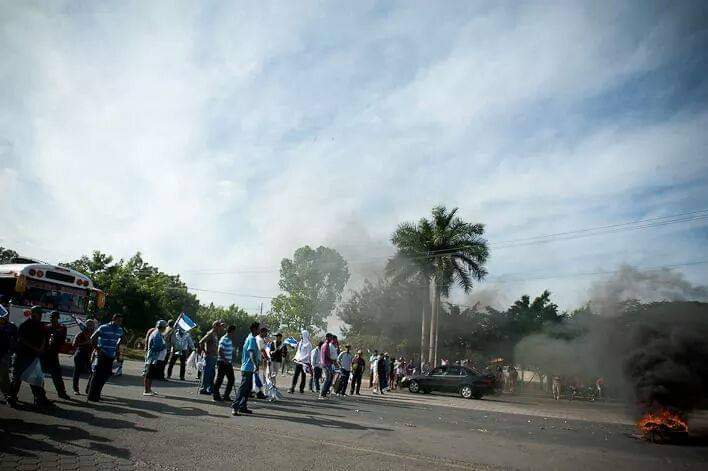
Among the people from the department of Rivas who were imprisoned are Alexander del Socorro Pérez (Xander Montiel), Evert Barrios Altagracia, José María Fuentes González, Luis Miguel Diaz Barrios, Marbi Salazar, Max Francisco Cruz Gutiérrez.
They are joined by Miguel Ángel Rosales Cruz, Roberto Carlos Cajina, Amílcar José Cerda known as “Celia Cruz”, Elman Jean Carlos Mora Ortiz, Ángel José López Mora, Edwin Javier Mora Cajina, Yubran Abel Mora Romero, among others.
At the beginning of May five years ago, a roadblock was also erected on the island of Ometepe, exactly at the Quino junction. This prevented the passage of fuel. Another brave barricade was installed in the sector of the four corners, in Potosí. The rivenses paid with their blood for their resistance. The paramilitaries made them flee at the point of bullets. “They thought it was a war, they were wrong, the people put up the dead, but they are defeated,” said an exile from Rivas at an activity in which they celebrated the fifth anniversary of the social uprising.
By United Voices






